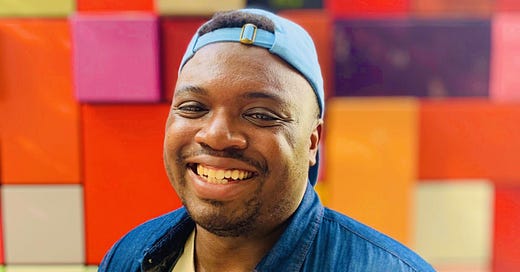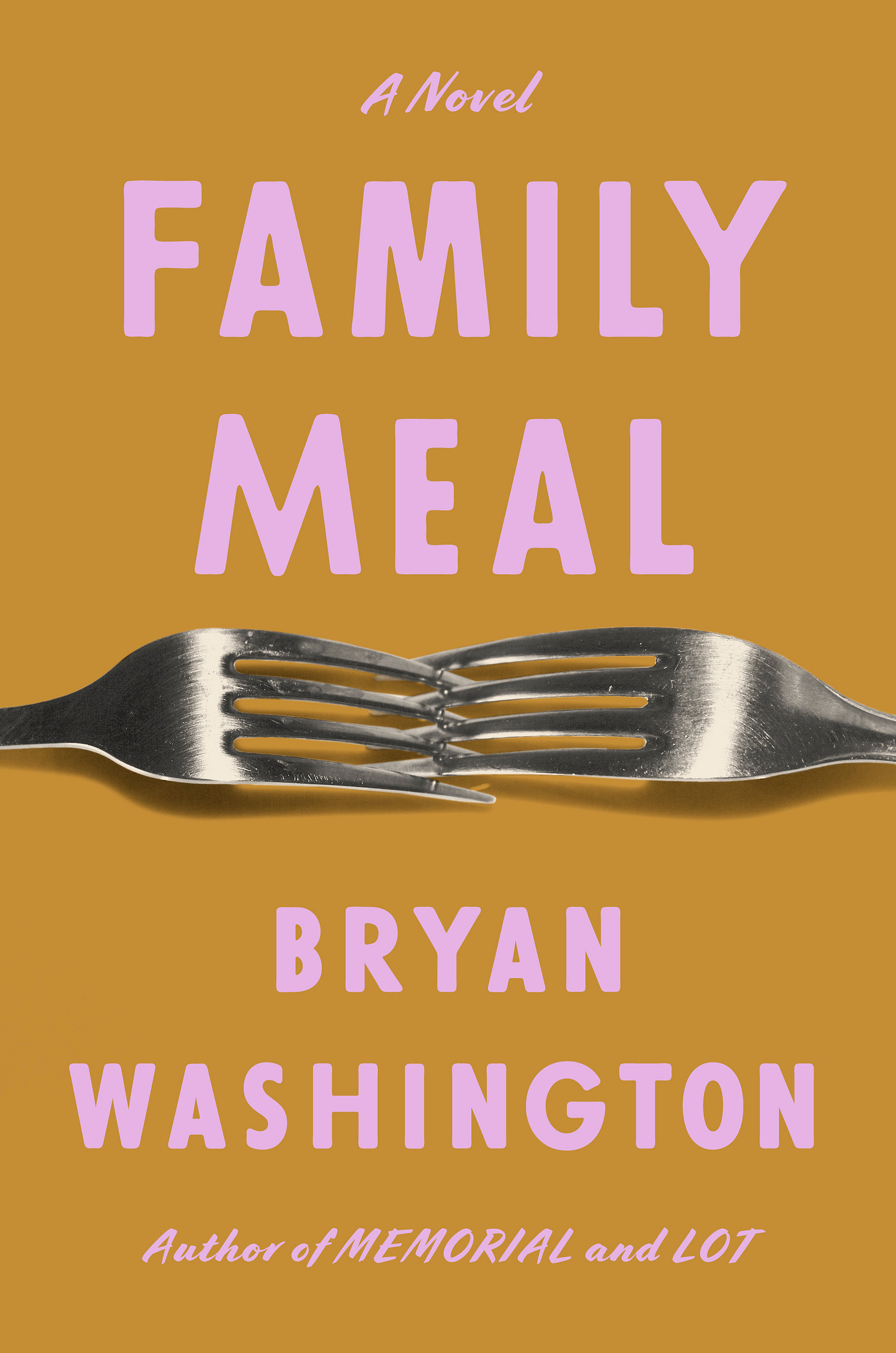Care and Slowness Are Gifts: A Conversation with Bryan Washington
On the profound tenderness of creating characters who change, writing sex and intimacy, and finding love everywhere
Intimate conversations with our greatest heart-centered minds.
Bryan Washington’s writing is raw and driven and often stripped bare—and it makes my heart hurt it all the best ways with its lush, beautiful tenderness. He ponders loneliness, powerlessness, fear, trauma, betrayal, friendship, queer love, blood family, chosen family, secrets, truthfulness, classism, racism, addiction, pleasure, trust, joy, wonder, horror, gentrification, sex, laughter, and lots of food. And he does it all with the most exquisite care. No matter the often trying circumstances, no matter the sometimes brutality of the actions or words, no character is abandoned. No character is left untended. Plus: there is nobody out there writing dialogue or sex scenes (sometimes simultaneous) like Bryan!
Bryan’s latest book, Family Meal, holds all of this and, if possible, more. Physically and mentally broken after the shocking death of his boyfriend, Kai, Cam returns to Houston struggling with sex and drug addiction. Amidst visitations from Kai, Cam slowly falls back in with his former best friend, TJ, who is facing his own struggles. Together they help each other heal traumas, old and new, and redefine family. It’s already garnered well deserved starred reviews in Kirkus Reviews and Publishers Weekly.
Bryan is also the author of Lot (an Obama Favorite Book of 2019 alongside NYT critic’s Top Ten Pick) and national bestseller Memorial. He’s a regular contributor to The New Yorker.
This is such a beautiful interview! I hope you enjoy it!
Your writing is so deeply tender. Kai’s last chapter nearly did me in! What is your view of humanity? Where does this tenderness come from?
I think that it's a challenge to find tenderness and warmth on a day-by-day basis, to say nothing of an hour-by-hour basis. Often, it's wildly dependent on your personal circumstances: your geography, your degree of ableness, your degree of marginalization. But insofar as I found tenderness and warmth, it has been largely in community, whether that's with one person or many people, in person or virtual. That’s what I keep coming back to: what are the many different forms that warmth and tenderness can take? And what are the many different forms that community can take? What are the things that people have to do to be okay? And what happens when that changes for them?
My being okay is wildly different now than it was prior to 2020. To speak nothing of how it was even six months ago. So I don't think that there is an answer to what it means to be okay for a specific person. But the continually wanting to figure out what that could be for yourself and for others is the thing that makes it worth it for me. That's what I keep coming back to.
In keeping with this, your subject matter can be achingly hard. Your characters experience and dole out a lot of trauma. But here, too, the gentleness arises: you’re never unkind to your characters, you’re never judgmental, you’re so mindful about not assigning blame, even when your characters want to take it on. Is this intentional? Is it ever a struggle?
Thank you for asking that question in the way that you've asked it. It's deeply intentional. For me, it's important not to assign markers or binaries for good or bad as far as a character is concerned. I'm very much a proponent of the notion of no villains. I've been trying to allow characters to make decisions and then give them the autonomy to change their minds. It’s important to allow characters space and time to figure out who it is that they would like to be or what it is that they want.







